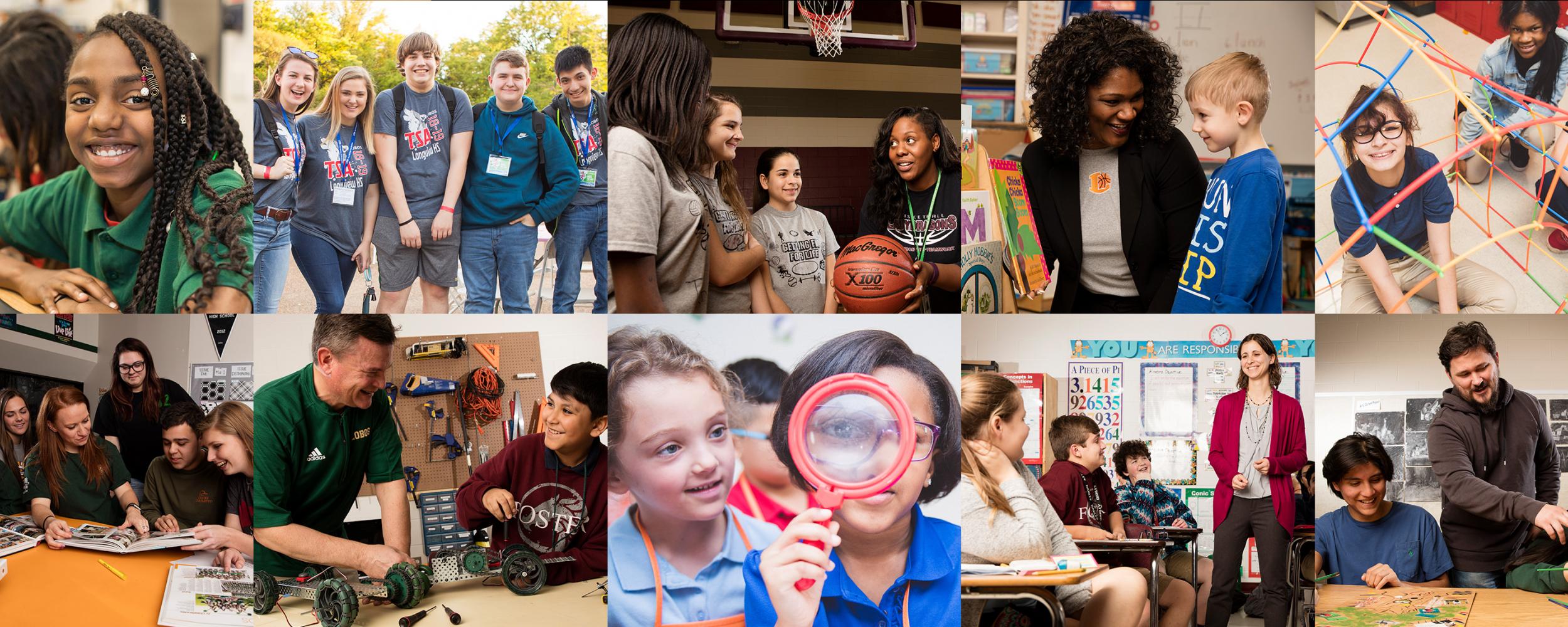
Language proficiency or linguistic proficiency is the ability of an individual to speak or perform in an acquired language.
The ELPS and TELPAS are designed to work together to enable ELLs to make steady progress in learning the English that is necessary for meaningful engagement in grade-appropriate content area instruction. The second language acquisition knowledge and skills in the ELPS are the means for helping ELLs learn English simultaneously with academic subject matter. Together, the ELPS and TELPAS provide formative and summative assessment opportunities that support teaching and learning. Learning a second language is different from learning a first language. Individuals may begin learning a second language at any age and in a variety of different contexts (social, school, work). Second languages are learned along a continuum that can be divided into stages called language proficiency levels. The ELPS identify four language proficiency levels (beginning, intermediate, advanced, advanced high) for each of the four language domains assessed (listening, speaking, reading, writing).
English language proficiency assessments report progress from one proficiency level to the next rather than passing scores, because proceeding from little or no English to full English proficiency takes place over time, not within a school year. ELLs in U.S. school systems are a diverse group of students. Some are born in the U.S. and educated here from the beginning; while others are immigrants who may be in any grade when they arrive in the U.S. ELLs differ widely in their educational backgrounds, sociocultural experiences, and knowledge of English upon enrollment. These factors affect how long it takes for them to learn English. It is difficult to learn and advance academically without the ability to fully understand the language of one’s instruction. In bilingual education programs, students receive native language support as they learn English and grade-level academic skills. In English as a second language programs, students face the challenge of learning rigorous academic subject matter in English, the language they struggle to understand.